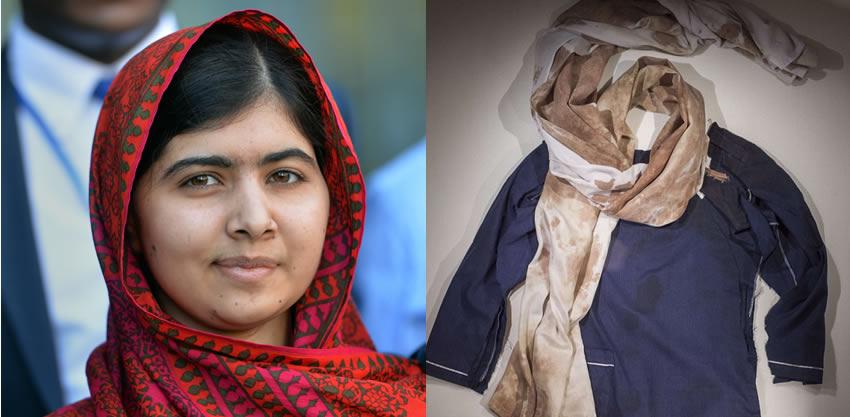Only a few years ago, Maria Toorpakay Wazir used to fetch water in clay pots for her mother and cut firewood in the forests of troubled North Waziristan.
Now, Toorpakay, 19, has emerged as Pakistan’s squash champion.
Toorpakay has broken tribal tradition by leaping onto the squash court to take on all comers. Her ambition is to become a UN Messenger of Peace and encourage more women to play a role in society.
She is not the only female athlete from Khyber Pakhtunkhwa and the Federally Administered Tribal Areas (FATA) doing her part to dispel the stereotype that Pashtun society represses women.
“We have many girls representing Khyber Pakhtunkhwa and tribal areas in different games all over the world”, Rashida Ghaznavi, head of the Directorate for Women’s Sports, Khyber Pakhtunkhwa, told Central Asia Online.
The province has developed a full-fledged directorate to elevate women’s sports while complying with local traditions, she said.
“Apart from bringing laurels to my country by winning major squash events all over the world, I want to become a Messenger of Peace as well as spread that message through music”, Toorpakay said.
Born in Shakai, South Waziristan, Toorpakay grew up in the Miranshah sub-division of North Waziristan and later in Darra Adamkhel town of Frontier Region Kohat before her family settled in Peshawar.
“My father wanted me to join sports so I could control my anger and weight. I first started with weight-lifting and later switched to squash”, Toorpakay said. The champ, who used to brawl with boys, has a masculine-looking haircut. “I never wore a burqa, and if I wear it, people will think that a boy is inside it”.
Toorpakay scored her first title in the Hasham Khan Junior Championship. Later she became the youngest winner of the National Women’s Squash Championship by beating Muqaddas Ashraf in straight sets.
Another Pakistani squash champion is Carla Khan, who lives in Britain but has represented Pakistan in a number of events. A cousin of squash legend Jehangir Khan, Carla later lost permission from international bodies to represent Pakistan because she lives abroad.
“More and more girls should come forward in sports. The media need to create awareness in this regard so parents will encourage their girls to participate in games”, said Mian Iftikhar Hussain, minister for information of Khyber Pakhtunkhwa. Sports will develop tolerance and give hope to terrorism-stricken spectators, he said.
The province and FATA’s all-female schools and colleges support women’s sports to a greater extent than before. Students can play many sports.
“We encourage our girls to play, as inside the college building they have no problem. We have some good teams from across the province and a few from FATA competing at the national level in different games”, Hina Mumtaz, a female teacher in Peshawar, told Central Asia Online.
Women’s sports suffered a shock in the province when the previous government of the six-party Muttahida Majlis-e-Amal religious alliance banned male coaches from training girls and men from watching women play on athletic fields. However, authorities allowed female coaches to train girls and women to watch them play indoors.
“We have been holding coaching and training camps for girls in walled premises so it would be easy for the parents to send their daughters for playing and training”, said Rashida.
She observed that apart from Toorpakay, a number of other Khyber Pakhtunkhwa women have earned fame in sports.
Right-arm medium-pace bowler Qanita Jalil, in her 20s, said she found it tough initially to get into sports, but her father and brother encouraged her to play cricket. Today she is a key member of the national team.
One pioneer is track star Shabana Akhtar of Khyber Pakhtunkhwa, now 38. She was the first Pakistani woman to represent Pakistan in any Olympics by competing in 1996 in Atlanta. Later she participated in the Women’s International Games in Islamabad in 1996 and won four gold medals, setting records in the 100-metre and 200-metre dash.
In the 2nd Islamic Countries Women’s Sports Solidarity Games held in Iran, Shabana bagged a gold medal in the long jump and another in the 4 x 200-metre relay.
Shabana’s efforts took her to contests in Germany, Sweden, Indonesia and elsewhere.
“We even have a women’s kabaddi team. Apart from it, our girls take part in table tennis, football, netball, hockey, badminton, taekwondo and each and every game played in the country”, Rashida said.











